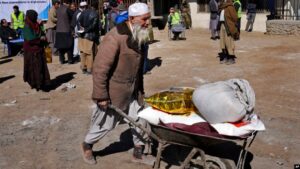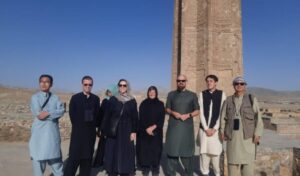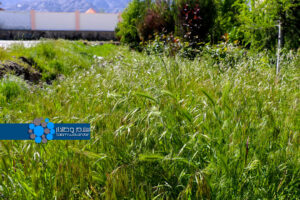KABUL (SW) – As a result of climate change, officials at the Environmental Protection Agency say that the average temperature in Afghanistan has been rapidly increasing.
Ruhollah Amin, head of climate change in the National Environmental Protection Agency, told Salam Watandar that the lack of funding and the suspension of 32 projects of this agency, which were intended to combat climate change, have increased Afghanistan’s vulnerability to climate change.
He added: “Increasing temperature, permanent droughts, floods, and deforestation are among the serious consequences of climate change that we are vulnerable to. According to our report, the average temperature in the country has increased by 1.8 degrees. Our prediction is that if joint action is not taken, drought will become a serious challenge in the country in the coming years.”
On the other hand, a number of farmers in Kunduz and Jawzjan say that due to the warming of the air and lack of water, their fields have dried up and some of their crops have burned.
Mohammad Gul, a resident of Dasht Archi district of Kunduz, said: “The weather in Kunduz has become very hot. We had cultivated tomatoes and okra, there is no water, and these crops are lost. We used to feed ourselves and our families through it, but unfortunately, this has been lost due to the heat and we really saw a big loss.”
Abdulbasit Rahmani, an environmental expert, said in this regard that warm weather and climate change are becoming a serious problem for Afghanistan. “Reduction of vegetation, use of fossil fuels and excessive use of water are among the factors that affect global warming. Countries can only manage climate change by implementing effective programs.”
At the same time, the Ministry of Energy and Water has also announced that the warming of the air will cause the melting of snow and natural glaciers. According to this ministry, there is a possibility that the natural glaciers that are in the range of 4000-5000 meters will fall and cause floods in some parts of the country.
ENDS






